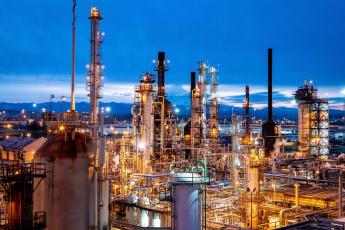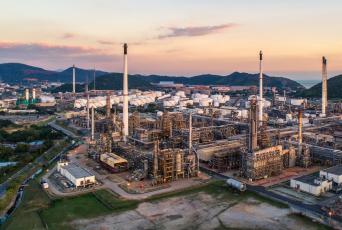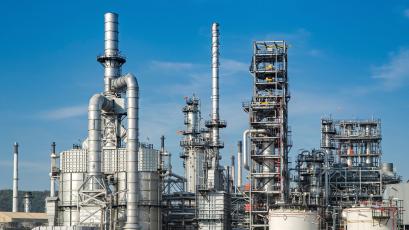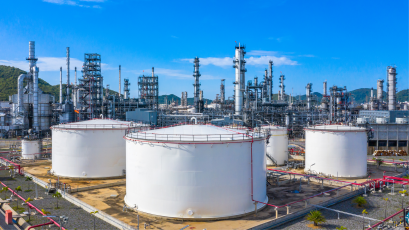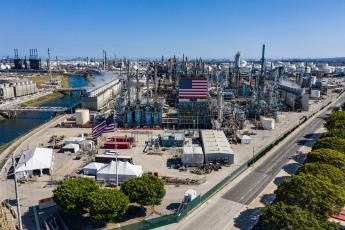Refining Capacity 101: What to Understand Before Demanding “Restarts”
The United States has the most complex and efficient refining industry in the world, but we also have less refining capacity than we used to. Where the issue of refining capacity is concerned, it’s important to understand what refining capacity is, why we’ve lost capacity in the United States and how policies can advance the competitiveness of our refineries in the global market.
Refiners Bewildered by Biden Administration RFS Rule that Will Increase Costs for Refiners & Consumers
EPA's 2022 RFS standard is bewildering and contrary to the Administration’s claims to be doing everything in their power to provide relief to consumers. Unachievable mandates will needlessly raise fuel production costs and further threaten the viability of U.S. small refineries, both at the expense of consumers.
Diesel Prices Have Jumped. What’s Responsible for the Increase?
TLDR; the current high diesel prices are fundamentally the result of demand outpacing supply, as of the posting of this blog. There are four primary drivers of this imbalance.
Coming Soon: 2022 Hurricane Season
As we approach the 2022 hurricane season, experts are predicting yet another severe year, with some saying it will compare to last year.
What Drives Prices at the Pump?
Oil markets are famously sensitive to uncertainty. Global conflict can send prices higher on concerns that crude oil supplies could be disrupted. This is playing out in response to Russia’s unprovoked acts of war against Ukraine. Russia is a major supplier of crude oil and other energy products globally, though less so in the United States. In recent days, many market participants have committed to stop purchasing Russian oil. Shipping companies are concerned about loading cargoes from Russia and some shippers are finding the cost associated with such cargoes too high. These moves are tightening an already tight market.
AFPM Urges Opposition to Consumer Fuel Price Gouging Prevention Act
AFPM President & CEO Chet Thompson sent a letter House Speaker Nancy Pelosi and Minority Leader Kevin McCarthy expressing AFPM’s opposition to H.R. 7688, the Consumer Fuel Price Gouging Prevention Act.
AFPM Safety Awards Celebrate 30 Years of Honoring Industry Leaders
Safety has always been and will continue to be the top priority of the refining and petrochemical industries — which is why refiners and petrochemical manufacturers are consistently ranked in the top industries for safety, out of more than 500 U.S. manufacturing industries.
AFPM Promotes Geoff Moody and Nando Gomez to Government Relations Leadership Posts
American Fuel & Petrochemical Manufacturers (AFPM) President and CEO Chet Thompson is pleased to announce the promotion of Geoff Moody to Senior Vice President of Government Relations and Policy and Fernando “Nando” Gomez to the position of Senior Director of Government Relations.
Freight Rail in America: Can a Market Be ‘Free’ if There’s Almost No Competition?
To produce essential goods for U.S. and global consumers, AFPM members need a safe, reliable and efficient rail system to move materials to and from refineries and petrochemical facilities.

